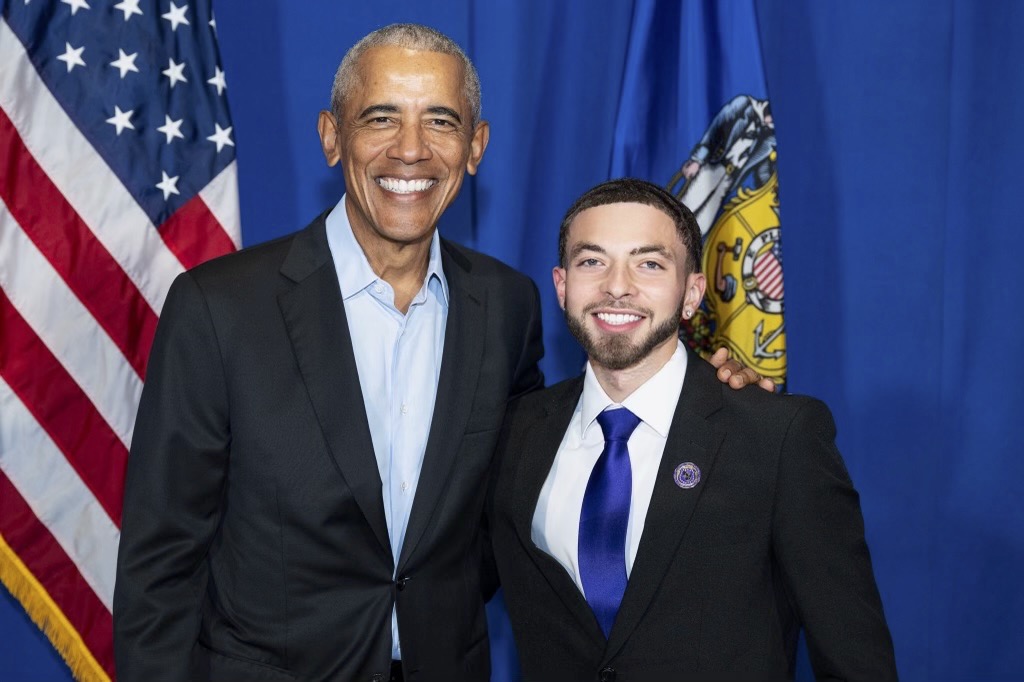 Ugandan President Yoweri Museveni signed legislation into law Monday that harshly punishes acts of homosexuality, with penalties of 14 years for first-time offenders and life in prison for aggravated offenders. Homosexual acts were already illegal in the African country, but this law explicitly states the punishment warranted if one is reprimanded for homosexual actions.
Ugandan President Yoweri Museveni signed legislation into law Monday that harshly punishes acts of homosexuality, with penalties of 14 years for first-time offenders and life in prison for aggravated offenders. Homosexual acts were already illegal in the African country, but this law explicitly states the punishment warranted if one is reprimanded for homosexual actions.
The anti-gay law drummed up major outcry from the global community and the Obama administration. As the largest donor of government aid to Uganda, giving $400 million per year, the United States is considering the withdrawal of financial support in response to the violation of human rights.
But upon closer look, the United States maintains a positive relationship with Saudi Arabia, a nation that punishes homosexuality with the death penalty. There is a great difference between Saudi Arabia and Uganda: their roles as U.S. trading partners. Saudi Arabia provides ever-important oil resources as the eighth largest importing partner with the U.S., while Uganda is not a major trading partner at all.
The withdrawal of funds is a necessary threat to make, though it would do little to protect human rights in Uganda and nations around the world. The Obama administration needs to rethink its allies and how trade interferes with the supposed goal of equality and human rights worldwide.
If Secretary of State John Kerry and the rest of the president’s administration want to take this opportunity to condemn the legal ban on homosexuality, they cannot focus their efforts solely on Uganda and this law.
This would be no easy task, neither in Uganda nor worldwide. Museveni, as a president for close to 30 years, maintains a firm hold on his government and shows no concern for the possible withdrawal of financial support from the West, an indicator that he will not be easily persuaded to retract the law.
The anti-homosexuality law was passed in reaction to the perceived “outbreak” of homosexuality in Uganda, which Ugandan officials attributed to western agencies “recruiting” young people. Museveni said he does not want to continue accepting social values instilled by the West or work with them, even though the majority of the nation’s aid comes from western powers.
While the United States expects cooperation from Uganda in return for government funding, the U.S. should work to protect human rights worldwide and reevaluate its priorities. Trade options should not deter this country’s government from driving to ensure all people are protected.
Rethinking U.S. relations with Uganda and the withdrawal of government funding in an attempt to have the law thrown out should be the first response of the Obama administration. But it is important to consider the well-being of those directly in the line of fire: homosexuals living in Uganda and around the world.
While there may be little the U.S. administration can do to challenge the law directly, putting the rights of humans above all should be of the utmost importance.




